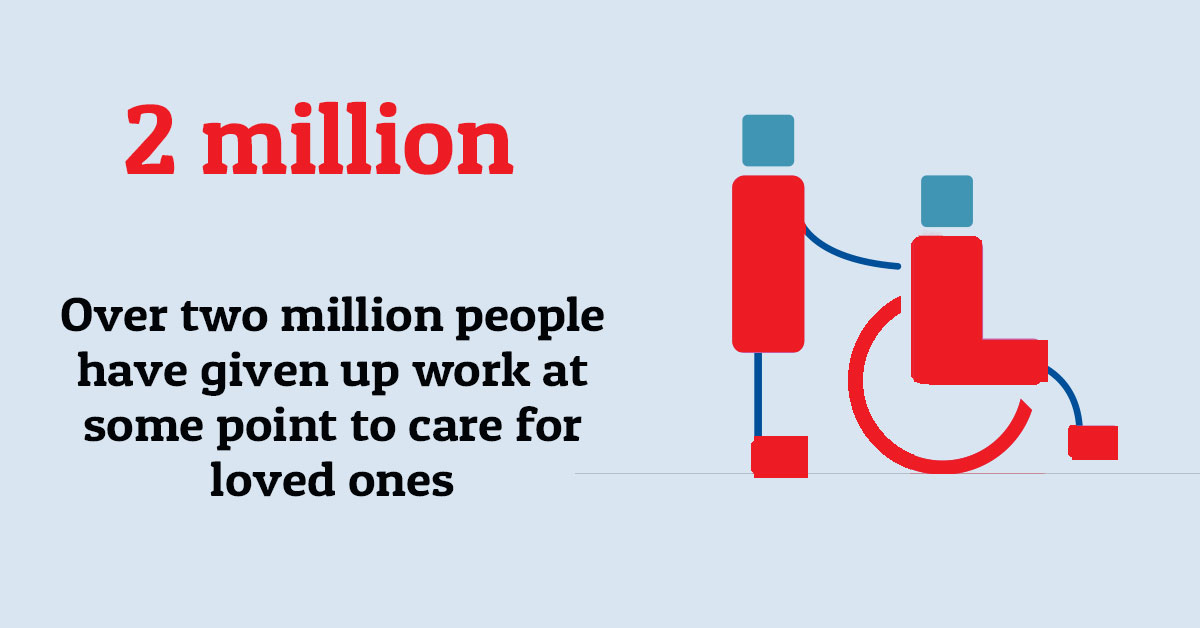Many carers worry about their ability to continue to do their job for their employer, about the impact which caring has on them on a daily basis and on their career prospects.
Many have had to leave work altogether because of their caring role, with some being forced to choose between work and caring – and choosing to care for a parent to ensure that they have what they need.

An Employer Carer Passport scheme can help raise awareness of support available for carers, develop communication at all levels of an organisation and develop consistency which can lead to a supportive workplace culture which is good for business and good for staff.
The case for carers
The Passport has made a difficult conversation with managers easier, it has allowed me to be honest and start to talk about what I need as a carer and employee.
Carers report being unaware of their right to request flexible working, or lack the confidence to approach the topic. They may face the daily pressure of needing to maintain a reasonable level of contact with the person they care for, but find this difficult to agree with their employer.
Many carers struggle to communicate their caring role to their colleagues and line manager. They fear a negative response, feeling unsure about when they can talk about their caring role and any adjustments that could be made in response. This prevents carers requesting the flexibility that could make such a difference both to their work and their caring.
Policies and provisions to support carers, where they do exist, are not always promoted to line managers and staff, or understood or applied consistently. This can have a particular impact when a staff member moves to a different team, or when a line manager changes.
Introducing a Carer Passport helps to tackle these issues of awareness, communication and consistency.
The business case
If carers are willing to share information about their personal circumstances, the employer is on the road to becoming a high trust organisation with a good workplace culture. It’s about valuing your workforce. (Rachael Saunders, Age at Work Director, Business In The Community).
BITC describes the importance of clearly demonstrating support for carers, being open to making relatively small adjustments, and the loyalty which employers win back through this approach. Where a constructive conversation is held between employee and line manager, this is simply an efficient way of doings things. It avoids the pitfalls of delaying the conversation until a situation reaches crisis point, or multiple conversations being held with different managers..
The introduction of a Carer Passport within the workplace may be integrated with wider initiatives to address the opportunities and challenges of an ageing workforce, and extending working life. With this approach, the Department for Transport reports that its Carer Passport scheme has contributed to a reduction in staff turnover from 11.1% to 9.3% due to better retention of older workers.
By having conversations about caring and agreeing any working adjustments, businesses can limit the impact of employees’ caring on essential business operations. Centrica claims that the Carer Passport scheme has contributed to £4.5 million in savings from reduced absenteeism and £2 million in savings through better staff retention.
In essence, a Carer Passport scheme provides an opportunity to retain skills and knowledge within the workforce, maintaining team productivity and workplace stability.
